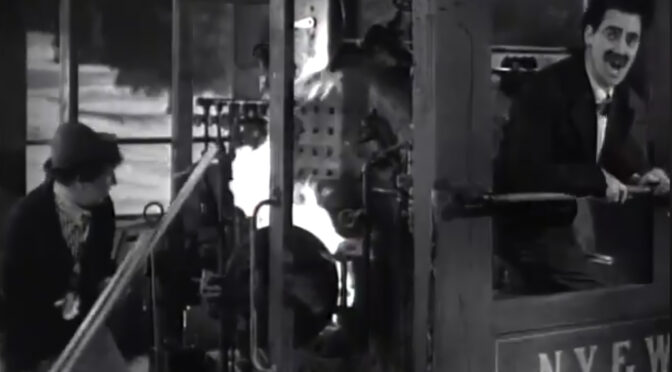Views: 1211
Washing hands is a highly effective health practice. Today it may seem obvious, but it required thousands of years of prior human existence. In fact, the British had already been in Menorca for some time and were using the new Camí d’en Kane when a Nordic doctor, observant and methodical, who attended women during childbirth, began noticing a great difference in recovery if he washed his hands beforehand.
The doctor was strongly criticized by his colleagues, for obvious reasons. If not washing one’s hands posed a major danger to patients, it implicated many medical professionals as potentially responsible for the poor outcomes experienced by many mothers.
Perhaps for similar reasons, Donald Trump, in his irresponsible crusade, is dismantling the scientific observatories that measure climate change. Because having voices that warn—with data, statistics, trends, and mathematical probabilities—about the effects of constant fossil fuel burning points directly to the energy industry as bearing planetary-scale responsibility.
Denying reality, therefore, is sometimes part of human behavior, as a way to avoid problems that make us deeply uncomfortable. And today’s society, immersed in major insecurities and threats, receives constant incentives to withdraw into personal spheres and thus avoid the temptation to understand the origin of the problem and identify those responsible.
At times it seems that, in this sense, we have returned to the Middle Ages. That period when European peoples went through a desert of darkness lasting about a thousand years, where social illiteracy and precarious living conditions provided the ideal soil for the manipulation of a population that moved according to beliefs rather than evidence.
This wave also reaches Menorca. Here, perhaps, even glazed with a layer of American cinematic surrealism. In our context, the institutional response to the problem of tourist pressure is reminiscent of that Marx Brothers scene where they dismantle the train and burn its parts to make the locomotive go faster.
Indeed, according to the airport statistics for May and June, these have been two record-breaking months for visitors. We do not know where we are going, but we are going fast. And in the face of this, the Island Council has made its proposal public.
Regarding tourist overcrowding, the official approach is to increase the number of tourist accommodations that can be built in Menorca. 23,860 would be added to the approximately 84,000 existing ones. In other words, almost a 30% increase.
Naturally, this increase in tourist accommodations will also require more labor, which, if possible, will move here with families. This will mean more resident population, more housing, more water, more energy, more waste, more vehicles, more parking lots…
The locomotive is running at full speed while we are burning pieces of Menorca. Depleting aquifers, tearing up land, losing comparative per capita income, and causing the degradation of some already worn-out tourist areas. All of this, in the hope that people will not look beyond a single political term. Let us imagine, for a moment, Menorca in 2035.
Territorial planning is like healthcare: one must go in with clean hands, or the subsequent consequences may be irreversible.
(This text is an adaptation of the original article published by Miquel Camps, as coordinator of territorial policy for the GOB, in the Menorca newspaper on 04/08/2025).

